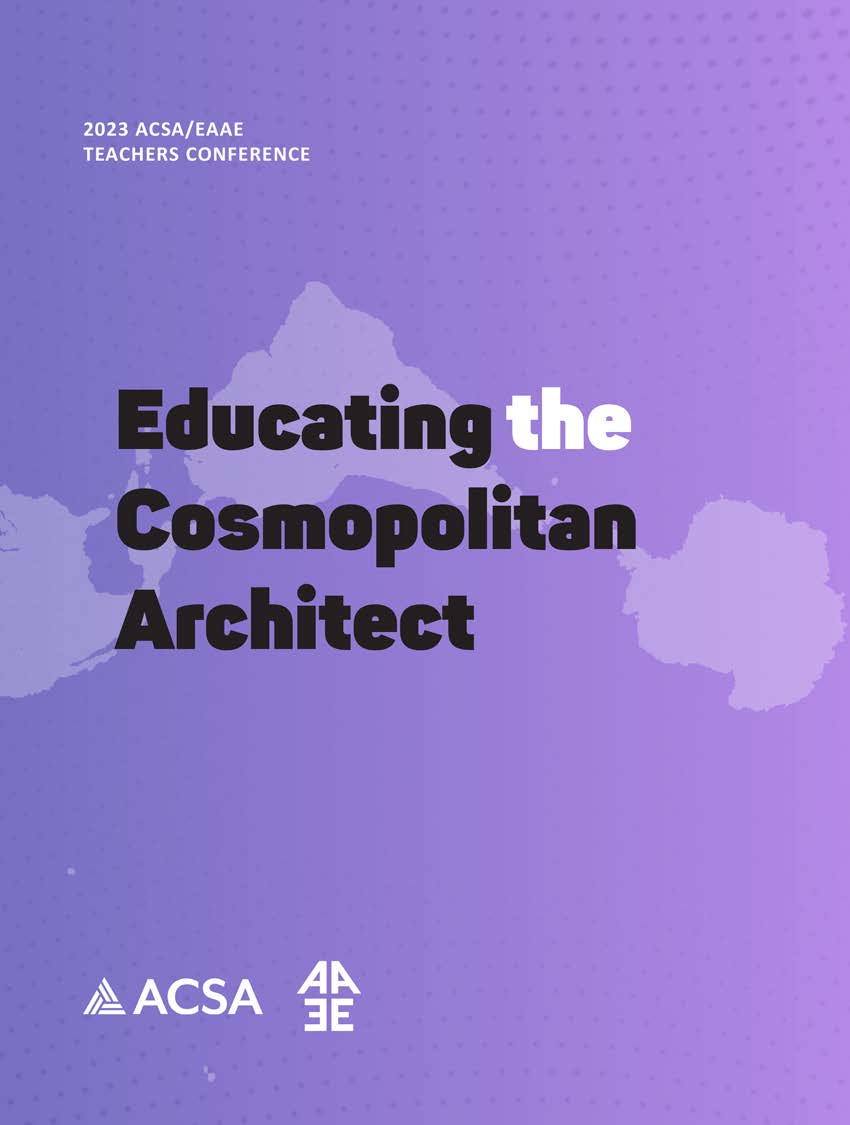Author(s): Pedro Freitas & Teresa Cunha Ferreira
Due to the current transformations of the world regarding climate change adaptation, conservation is an issue of key importance. As new European quality-based agendas are embodying enlarged 21st-century concepts of “heritage”, architects are being faced with the need to develop more efficient use of resources, including better methods to preserve, adapt, and reuse the available building stock. Are the Architecture Schools adapted to these challenges? This paper presents and discusses the results of the online-based survey called “Recent Challenges and Opportunities on Architectural Conservation – Teaching and Research”, addressed to professors participating in the VIII Workshop of the Conservation Network of the European Association of Architectural Education (EAAE) in September 2022. The survey was developed to analyze the current capacity to expand the European debate on sustainability as a tool for new proposals of Architectural Conservation education with a global perspective. The methodology was supported both in quantitative (single or multiple choices) and qualitative (open field) questions, presented online in a web-based form through informed consent in four topics: i) Personal Data; ii) Teaching; iii) Research and iv) Challenges and Opportunities. The results showed that Architectural Conservation professors feel that “sustainability” might have been progressively emptied of meaning while an “ethical design” is clearer and more operational in Architecture Education involving the recognition of architectural knowledge through analysis of context and development of low-impact actions. However, the survey also proved that “quality” has not yet been completely settled as a “design method” and institutions are still defining their approach towards 21st-century demands. Despite these limitations, this is expected to enrich the discussions about the future of the built environment and contribute to broader definitions of Architecture Conservation as a cultural practice and a profession.
https://doi.org/10.35483/ACSA.Teach.2023.63
Volume Editors
Massimo Santanicchia
ISBN
978-1-944214-44-9

 Study Architecture
Study Architecture  ProPEL
ProPEL 
